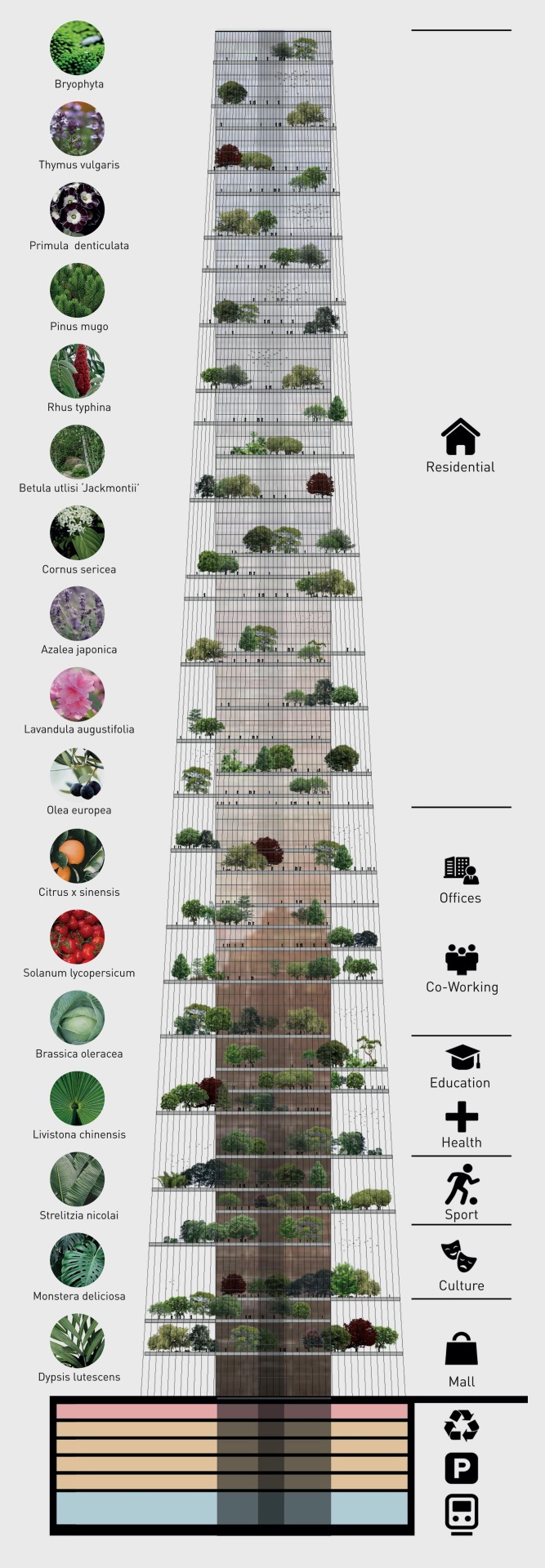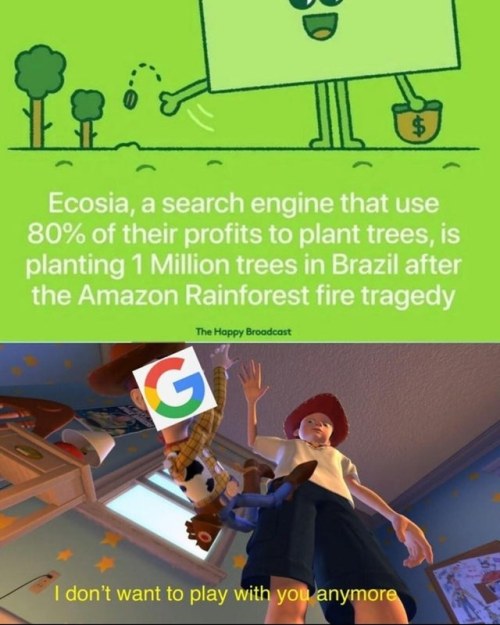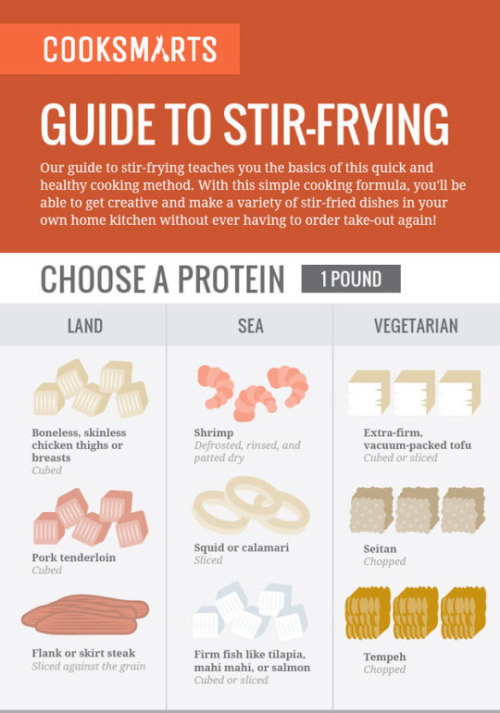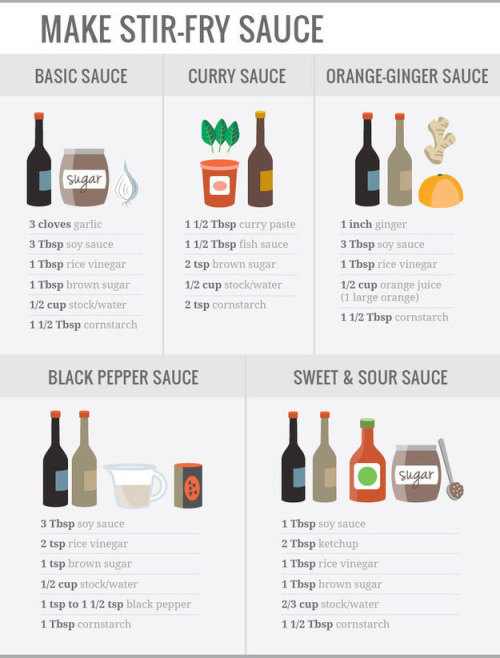It's Weird How People Will Be Like "but We Need Suburban Lawn So Kids Can Play Outside!" As If Basically
it's weird how people will be like "but we need Suburban Lawn so kids can play outside!" as if basically every kid isn't bored to tears by being confined to a yard that's nothing but flat grass.
like have you talked to a kid, have you spent time with kids, do you remember BEING a kid? "playing outside" isn't about Throwing Ball 1000 times it's about squishing mud, using sticks as swords and guns, making potions from plants, catching bugs, climbing trees, and building forts from brush and branches.
A highly manicured lawn has nothing to offer the senses and brain of a developing child. If there are no "weeds," what are they supposed to gather to make into potions?? I'm not even joking, what do you, a child, DO in a yard without wildflowers and mud and dead branches. I feel like my brain wouldn't have developed correctly if my outdoor space growing up wasn't full of chicory and asters and dandelions.
At least video games offer some dim imitation of a variety of stimuli
More Posts from Green-notebooks and Others
considering doing the 100 days of productivity to help me get back into the swing of university 🤔🤔 anyone wanna share tips?

The first ever report on the state of the world’s fungi has today revealed that if the natural properties of fungus can be harnessed and developed, plastic could be broken down naturally in weeks rather than years.
Kew Gardens and a team of over 100 scientists from 18 countries have compiled the paper, which shows how different organisms can decompose plastics, clean up radioactive material and even speed up the production of biodiesel.
Found last year by a team of Chinese scientists on a rubbish dump in Pakistan, Aspergillus tubingensis breaks down bonds between plastic molecules and then splits them using its mycelia. The process takes a matter of weeks, rather than the decades it usually requires for plastic to naturally disintegrate.
“This ability has the potential to be developed into one of the tools desperately needed to address the growing environmental problem of plastic waste,” says the report.
Speaking yesterday at Kew Gardens, senior scientist Dr Ilia Leitch said: “This is incredibly exciting because it is such a big environmental challenge. If this can be the solution, that would be great.
“We are in the early days of research but I would hope to see the benefits of fungi that can eat plastic in five to ten years.”
A recent Telegraph investigation showed that British plastic sent to Poland to be recycled was actually being burned, spewing dangerous toxic particles into the atmosphere.
It is hoped that fungi could revolutionise the recycling process and provide a sustainable decomposition method for plastics.
The report also seeks to enhance the image of fungi, citing its importance in beer (yeast), penicillin, washing powder and cheese.
The most famous type of fungi - mushrooms - are consumed the world over, with the market for edible species worth £32.5 billion.
In an effort to find out which ‘lost’ species are truly extinct and which species are simply under-recorded due to lack of survey work, Kew runs a ‘lost and found fungi’ citizen science project.
Read More









‘Skylines,’ New York, United States,
Lissoni Casal Ribeiro for Skyhive 2020 skycraper Challenge
Inspired by nature, the concept proposes a complete, self-sufficient ecosystem. the multi-use tower collects rainwater and gathers energy from the sun and the wind, transforming it from its tensioned cables into electricity to be used by inhabitants.

um guys?
canada is currently considering banning imidacloprid, which is apparently “one of the most widely used bee-killing pesticides in the world”. this seems pretty huge, so if you’ve got two seconds, add your name to the list! as of posting this link, they need just over 8,000 more signatures by february 21!
Direct air carbon capture is the most egregious bullshit green capitalism has tried to come up with and the fact that anyone who's taken a middle school science class falls for it is astonishing to me
Like, let's just imagine we can build magic carbon capture machines that are made of children's wishes and run on pixie dust and are 100% efficient. It pulls off the scheme carbon capture companies are going after - taking carbon out of the air and turning it into fuel, which is then burned, releasing the carbon back into the air. Even this impossible version of the technology is, at best, carbon neutral
But in the real world, carbon capture needs to use materials, energy, and infrastructure that actually exists, which means that it will always, unavoidably be carbon positive. Unless it breaks the laws of thermodynamics, it can literally never be a solution to the problem
And no matter what kinds of excuses you come up with, no matter how eloquently you argue for different forms of carbon capture and how good you make them sound, none of it fucking matters because we don't need to invent carbon capture. The best way to sequester carbon is to utilize the systems that are doing that already, by restoring ecosystems, restoring soil, and composting. We simply cannot ever be more efficient than nature
But nobody profits off of dirt or prairies, so they've gotta sell you machines that do it instead

What is the value of a street where people can walk safely? Why build streets that are constructed with the needs of people in mind, not just the needs of cars?
“Again and again, when we look at streets oriented toward people we find that they are more economically productive than any other style of development.”
Many people concerned with pedestrian safety and “walkability” care about these issues because they feel that walking is good exercise or that walkable places are more attractive or that walking is better for the environment than driving.
These are all valid arguments and may convince some of those reading this article that walkability is important. But what I want to talk about today isn’t an argument based on values or aesthetics. It’s an argument based on pure dollars and cents — one that should convince people with a myriad of values and political leanings that people-oriented places must be a priority if we want our communities to be economically prosperous.
Again and again, when we look at streets oriented toward people — that is, streets where walking is safe and enjoyable, that people are drawn to visit on foot, and where fast and extensive car traffic is not the #1 priority — we find that they are more economically productive than any other style of development. This is particularly true when we compare people-oriented places to car-oriented places—think of that stretch of your town that effectively does everything possible to discourage walking and biking, including a street with multiple wide lanes to ensure fast car movement, acres of parking, and minimal (if any) sidewalks, bike lanes and crosswalks.
Walkable streets, on the other hand, encourage business activity, generate greater tax revenue per acre and offer a higher return on investment than auto-oriented streets.

Programmers are the greatest browsing community (SO mostly)…We can singlehandedly save the planet.








Easily Paleo-ified with some tweaks to the stir-fry sauce.
Love healthy food & fitness? Follow Awesome Fitness Recipes on Instagram
Want to know how you can be a part of the solution in fighting and defeating climate change?
TED-Ed has partnered with the United Nations to make a 30 day challenge to teach you everything you need to know about the climate, the environment and much more (this comes in handy in debates, talks with people that aren't aware of why we should protect the Earth, in knowing what to ask the governments when protesting and many more situations). Knowledge is power and power is what we need if we want to achieve our goals.
They already got to day 13 but the videos are short so you can catch up by watching a few a day. Enjoy!

Fun fact, hammering metal spikes into tree trunks is a federal crime in the US because environmental activists used to do it in the 80s to fuck up chainsaws and logging equipment.
-
 sonic-spirit liked this · 1 month ago
sonic-spirit liked this · 1 month ago -
 ablasphemyofpoets liked this · 1 month ago
ablasphemyofpoets liked this · 1 month ago -
 ashen-vulture reblogged this · 1 month ago
ashen-vulture reblogged this · 1 month ago -
 one-in-a-maxi-million reblogged this · 2 months ago
one-in-a-maxi-million reblogged this · 2 months ago -
 eulaliafluffboll reblogged this · 3 months ago
eulaliafluffboll reblogged this · 3 months ago -
 gayaxlp reblogged this · 3 months ago
gayaxlp reblogged this · 3 months ago -
 catboy-yuri reblogged this · 3 months ago
catboy-yuri reblogged this · 3 months ago -
 ollievion liked this · 3 months ago
ollievion liked this · 3 months ago -
 netva liked this · 4 months ago
netva liked this · 4 months ago -
 laughing-whale reblogged this · 4 months ago
laughing-whale reblogged this · 4 months ago -
 laughing-whale liked this · 4 months ago
laughing-whale liked this · 4 months ago -
 lessproblematical reblogged this · 4 months ago
lessproblematical reblogged this · 4 months ago -
 killjoy-kora reblogged this · 4 months ago
killjoy-kora reblogged this · 4 months ago -
 yenoodlethings reblogged this · 9 months ago
yenoodlethings reblogged this · 9 months ago -
 kweenofkonfusion liked this · 9 months ago
kweenofkonfusion liked this · 9 months ago -
 brattyglasses liked this · 10 months ago
brattyglasses liked this · 10 months ago -
 mirrix reblogged this · 10 months ago
mirrix reblogged this · 10 months ago -
 dragonbano reblogged this · 1 year ago
dragonbano reblogged this · 1 year ago -
 loosesweaterthread liked this · 1 year ago
loosesweaterthread liked this · 1 year ago -
 q-for-short reblogged this · 1 year ago
q-for-short reblogged this · 1 year ago -
 obesecamels reblogged this · 1 year ago
obesecamels reblogged this · 1 year ago -
 knoxham liked this · 1 year ago
knoxham liked this · 1 year ago -
 bagelsand-creamcheemse reblogged this · 1 year ago
bagelsand-creamcheemse reblogged this · 1 year ago -
 baroquepopcorn reblogged this · 1 year ago
baroquepopcorn reblogged this · 1 year ago -
 drifting-knightjar reblogged this · 1 year ago
drifting-knightjar reblogged this · 1 year ago -
 finder-of-rings liked this · 1 year ago
finder-of-rings liked this · 1 year ago -
 autumnautisticsunrise reblogged this · 1 year ago
autumnautisticsunrise reblogged this · 1 year ago -
 autumnautisticsunrise liked this · 1 year ago
autumnautisticsunrise liked this · 1 year ago -
 jdfreads reblogged this · 1 year ago
jdfreads reblogged this · 1 year ago -
 crazychooklady liked this · 1 year ago
crazychooklady liked this · 1 year ago -
 sophibug reblogged this · 1 year ago
sophibug reblogged this · 1 year ago -
 sophibug liked this · 1 year ago
sophibug liked this · 1 year ago -
 glaxyjellyfish reblogged this · 1 year ago
glaxyjellyfish reblogged this · 1 year ago -
 morallyambigousgreyon liked this · 1 year ago
morallyambigousgreyon liked this · 1 year ago -
 veresiine reblogged this · 1 year ago
veresiine reblogged this · 1 year ago -
 my-pleasant-good-morning reblogged this · 1 year ago
my-pleasant-good-morning reblogged this · 1 year ago -
 veggiesandwichpana reblogged this · 1 year ago
veggiesandwichpana reblogged this · 1 year ago -
 3goldcoins reblogged this · 1 year ago
3goldcoins reblogged this · 1 year ago -
 elladorset reblogged this · 1 year ago
elladorset reblogged this · 1 year ago -
 goron-king-darunia reblogged this · 1 year ago
goron-king-darunia reblogged this · 1 year ago -
 random-autie-fangirl reblogged this · 1 year ago
random-autie-fangirl reblogged this · 1 year ago -
 ummmmm-what reblogged this · 1 year ago
ummmmm-what reblogged this · 1 year ago -
 purplenickel reblogged this · 1 year ago
purplenickel reblogged this · 1 year ago -
 witchboysupreme reblogged this · 1 year ago
witchboysupreme reblogged this · 1 year ago -
 random-autie-fangirl reblogged this · 1 year ago
random-autie-fangirl reblogged this · 1 year ago -
 ghost-snail-haunting reblogged this · 1 year ago
ghost-snail-haunting reblogged this · 1 year ago -
 ghost-snail-haunting liked this · 1 year ago
ghost-snail-haunting liked this · 1 year ago -
 freelance-wormhole reblogged this · 1 year ago
freelance-wormhole reblogged this · 1 year ago -
 arches-of-moonlight-and-sky liked this · 1 year ago
arches-of-moonlight-and-sky liked this · 1 year ago -
 sketchytotodile reblogged this · 1 year ago
sketchytotodile reblogged this · 1 year ago